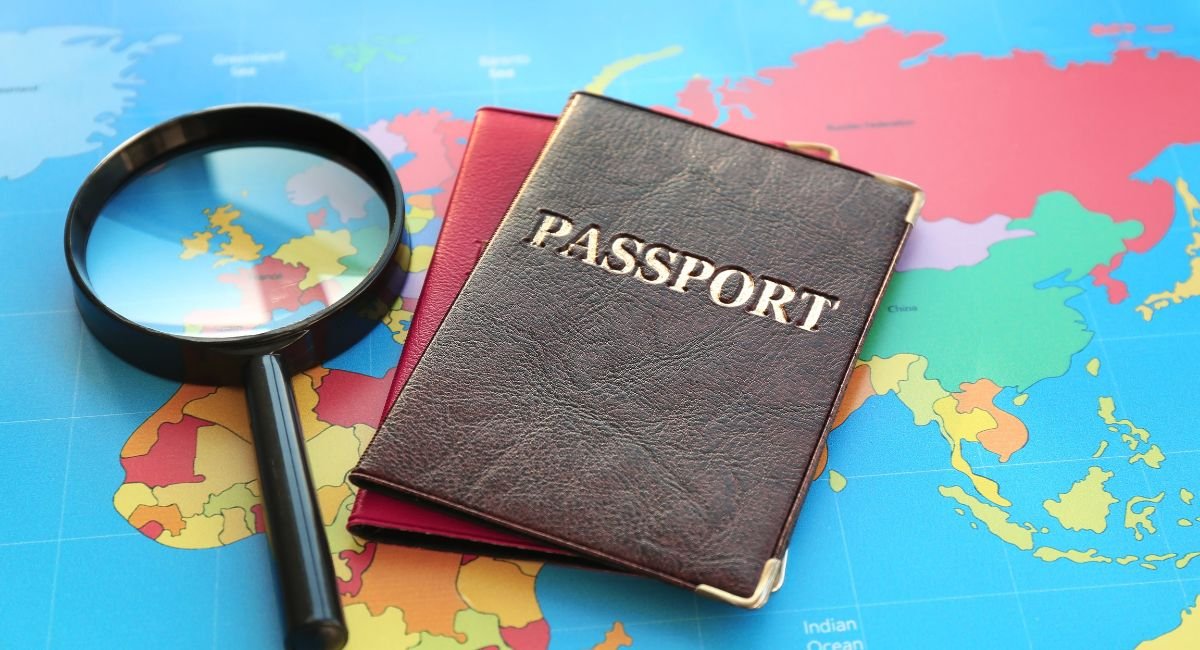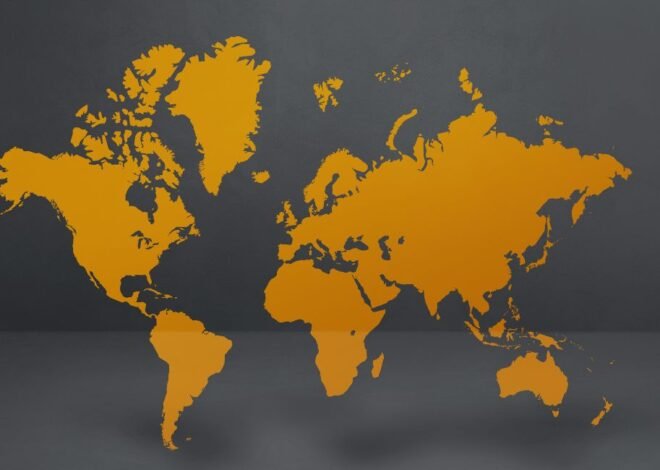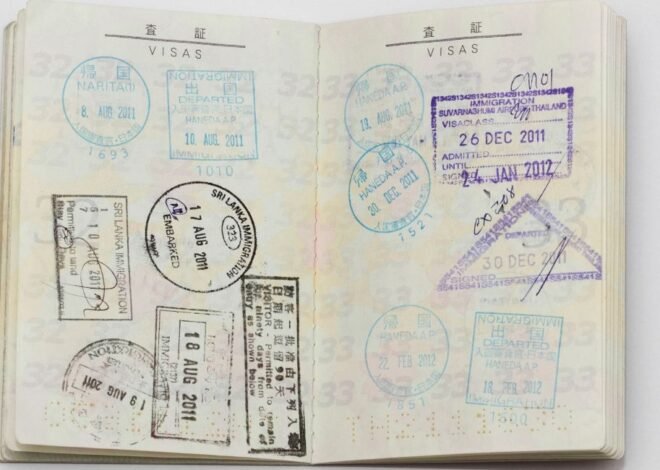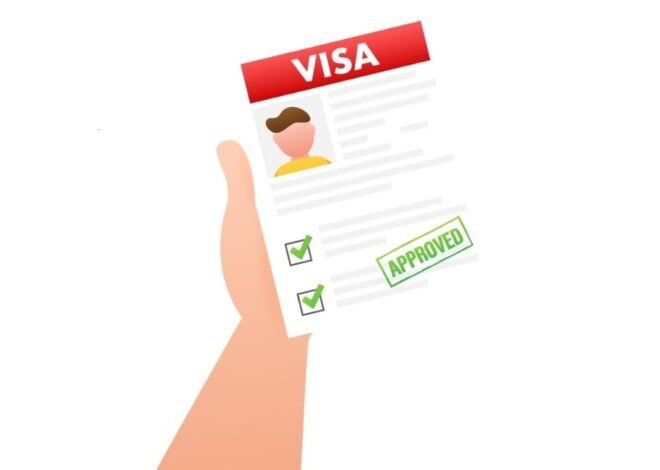
Essential Canada Visa Information for Croatian and Slovak Citizens
Canada, with its stunning landscapes, diverse culture, and robust economy, is a popular destination for travelers, students, and immigrants. Croatian and Slovak citizens interested in visiting or moving to Canada must familiarize themselves with the visa requirements and application process. Whether you’re planning a short vacation, studying, working, or settling permanently, understanding the key steps will help streamline your journey. This guide provides the essential information you need to know about Canada visas for Croatian and Slovak citizens.
Understanding Canada’s Visa Requirements
Before making any plans, it’s crucial to identify the purpose of your trip, as this determines the type of visa you need. Canada offers a variety of visa options, each designed to accommodate specific travel intentions. For most Croatian and Slovak citizens, a Temporary Resident Visa (TRV) is required for short stays, including tourism, family visits, or brief business purposes.
Canada also provides specialized permits, such as study visas for students, work permits for professionals, and permanent residence pathways for those seeking to settle permanently. While Croatian and Slovak citizens benefit from friendly diplomatic relations with Canada, they are not currently exempt from visa requirements like some countries under the Electronic Travel Authorization (eTA) system. Knowing your specific visa category and ensuring you meet the eligibility criteria will prevent delays or rejections.
Eligibility Criteria for Croatian and Slovak Citizens
Canada’s visa application process begins with meeting the eligibility criteria for the visa type you are applying for. For a visitor visa, applicants need to demonstrate their intent to return to their home country after their visit. This can involve showing ties to Croatia or Slovakia, such as employment, family obligations, or property ownership. CANADA VISA FOR CROATIAN CITIZENS.
Additionally, applicants must prove they possess sufficient funds to cover their stay in Canada. This includes the cost of accommodation, food, transportation, and other expenses. The exact amount varies depending on the duration of your visit and the location you plan to travel within Canada.
Health and security are also important components of the eligibility criteria. Croatian and Slovak citizens must be in good health and may need to undergo a medical examination in certain cases, especially for long-term visas. Lastly, you’ll need a clean criminal record to pass the background check conducted by Canadian immigration authorities.
The Visa Application Process
Applying for a Canada visa involves several key steps. The process starts with determining the correct visa type and gathering the required documents. Croatian and Slovak citizens can submit their applications online, which is often the most convenient option, or through VACs (Visa Application Centers) authorized by the Government of Canada.
Once you create an account on the official website of Immigration, Refugees, and Citizenship Canada (IRCC), you’ll need to fill out the visa application form with accurate information. You will also need to upload your supporting documents, including your passport, travel itinerary, proof of financial resources, and any additional forms specific to your visa type.
After submitting your application, you’ll be required to pay the non-refundable processing fee. Processing times vary depending on the visa category and the volume of applications, so it’s advisable to apply well in advance of your intended travel date. Once your application is reviewed, the Canadian authorities may request biometrics, which involve submitting your fingerprints and photo. After completing the biometrics, your application will proceed to the final decision stage.
Supporting Documents You’ll Need
To avoid delays or refusals, it’s vital to provide a complete set of documents that support your application. The most important document is a valid passport that remains unexpired for the duration of your stay in Canada. Next, you’ll need proof of your financial ability, such as bank statements or a letter from your employer stating your salary and stability of income.
Croatian and Slovak citizens must also submit a detailed travel itinerary, clearly outlining the purpose of their visit, where they’ll stay, and for how long. If you’re staying with a family member or friend in Canada, a letter of invitation from them may be required.
For students planning to study in Canada, an acceptance letter from a designated learning institution (DLI) is mandatory. Similarly, if you are applying for a work visa, you need an official job offer letter from a Canadian employer. Any additional documents that strengthen your case, such as property deeds or previous travel history, can improve your chances of approval.
Special Considerations for Croatian and Slovak Nationals
While the visa requirements are generally the same, there are unique aspects Croatian and Slovak citizens should consider. Both nations are members of the European Union, which allows citizens to easily access European job markets without needing additional permits. If you’re a professional in high-demand fields such as IT, healthcare, or engineering, this experience might give you an advantage when applying for a Canada work visa. CANADA VISA FOR SLOVAK CITIZENS.
Similarly, Canada often considers the strong language skills of Croatian and Slovak citizens. Proficiency in English or French is a significant factor, especially for study or work permits. If you hold certifications like IELTS or TEF to demonstrate your language abilities, this can bolster your application.
Croatian and Slovak citizens can also explore Canada’s Working Holiday Visa under the International Experience Canada (IEC) program. This option allows young adults to combine travel and temporary work for up to two years, provided they meet the program’s age and eligibility requirements.
Processing Times and Fees
Understanding the timeline and costs involved in applying for a Canada visa is crucial for effective planning. Processing times for visas commonly range from a few weeks to a few months, depending on the type of visa and the period when you apply. Delays are possible during peak travel seasons or if your application requires additional scrutiny.
Fees also vary depending on your visa category. For instance, the standard visitor visa currently costs around CAD 100, while the biometrics fee is CAD 85. For study permits and work permits, fees can be higher. Ensure you budget for these costs beforehand, as all fees are non-refundable regardless of the application outcome.
After Receiving Your Visa
Securing a Canadian visa is a significant milestone, but there are still important steps to follow after approval. Ensure you print out your visa and carry it along with you when you travel. Croatian and Slovak citizens should also confirm they meet any additional travel restrictions or requirements, such as COVID-19 protocols or customs declarations, before arriving in Canada.
Once in Canada, remember to respect the terms and conditions outlined in your visa. If your visa is for tourism, avoid engaging in job-related activities. Similarly, ensure you do not overstay, as this could lead to penalties, fines, or future visa refusals. If you wish to extend your stay, apply for an extension well before your visa expires.
Final Thoughts
Canada offers incredible opportunities for Croatian and Slovak citizens, whether you’re looking for a memorable vacation, world-class education, or a chance to grow your career. By understanding the visa requirements and carefully preparing your application, you can make your travel plans a reality without unnecessary stress. Remember, the Canadian immigration authorities prioritize transparency and accuracy, so it’s always best to provide genuine and thorough information. Start your application early and enjoy all the wonders that Canada has to offer.


